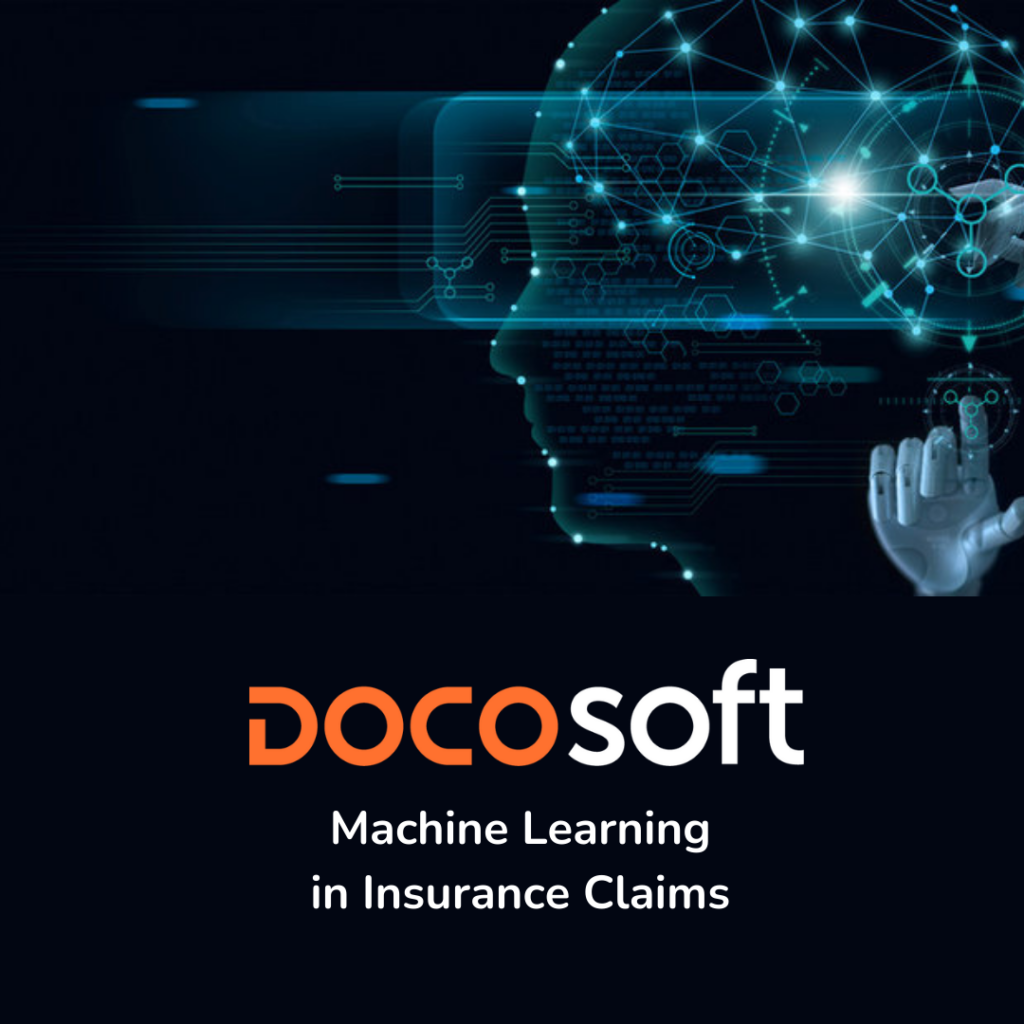Machine Learning in Insurance Claims

DOCOsoft is part of a new breed of “Insurtech” companies that are transforming the world of insurance as we know it through the introduction of Big Data, Machine Learning, and AI capabilities.
In a recent Harvard Business Review article, Legacy Companies Need to Become More Data Driven — Fast, the authors observed, “In contrast to traditional insurance companies, which have been data rich but have customarily relied on actuarial approaches, start-up competitors like Lemonade and Traffk are employing machine learning analytics and drawing upon thousands of data elements to provide personalised analysis and drive insurance purchases.”
The authors of this report contend that when insurers are able to access the vast lakes of Big Data that are available to them and combine this data with machine learning and AI capabilities, they can develop new policies that can reach new audiences.
An April 2021 report published by GlobalData forecast [LS1] that AI platform revenues within insurance would grow by 23% to $3.4 billion between 2019 and 2024. Billing itself as a “Data Driven Insurance Underwriting and Distribution Platform”, the goal of Traffk from its inception has been to comprehend the risk and modernise the insurance underwriting process by leveraging modern data and analytics tools and technologies.
Paul Ford, Co-Founder and CEO of Traffk observes, “Most insurance companies don’t use a lot of data to create their products. They rely on demographic information that is 40 years old, and older. They are struggling to price policies correctly and many will miss out on huge financial opportunities because of this.”
Quicker, Customisable Claims Settlement
It’s not just underwriting pricing that is set to be transformed. The world of claims also looks set to undergo significant transformation. A March 2021 report from McKinsey, “Insurance 2030 – The Impact of AI on the future of insurance,” projects that “AI and its related technologies will have a seismic impact on all aspects of the insurance industry, from distribution to underwriting and pricing to claims. Advanced technologies and data are already affecting distribution and underwriting, with policies being priced, purchased, and bound in near real time.”
Machine Learning sector analysts believe that online interfaces and computer-vision enabled virtual claims adjusters will make it streamlined and more efficient to settle and pay claims following an accident, and at the same time decrease the likelihood of fraud.
In our next blog, we will look at potential applications for Machine learning in claims.
